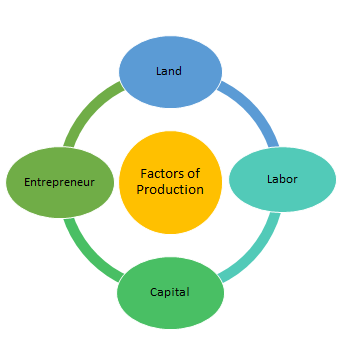
The ManicaPost

DUE to the speculation that is driving the exchange rate fluctuations, some manufacturers and retailers are profiteering at the expense of consumers.
While manufacturers have justified the current price hikes by citing high costs of factors of production, this reasoning is both true and false.
True in the sense that labour, transport, electricity and taxes are not coming cheap. These expenses trickle down to the end-user. As it stands, costs of factors of production are between 25 to 30 percent higher in Zimbabwe than in neighbouring South Africa, Mozambique, Botswana and Zambia.
However, the assertion is also false in the sense that manufacturers are making super-normal profits as the margins of their profits are way too high. As a result, foreign products that are imported into Zimbabwe land in the country at a cheaper price even after paying duty.
The sad and harsh reality that the manufacturers seem to be blind to is that while they reap those huge profits in the short term, overpriced goods are not sustainable. The country’s products are becoming globally uncompetitive due to their high price tags.
Our manufacturing sector is now a pale shadow of its former self and continues to shrink at an alarming rate as it loses the grip on its traditional markets.
Even the locals now prefer the imported products. Who can blame them when foreign products are cheaper?
The nation only has two options — either to keep consuming truckloads of the foreign cheaper products and build other countries’ economies in the process or to step up to address the price disparities so that Zimbabwe’s products can also become competitive locally, regionally and internationally.
The former option banks all its hopes on patiently waiting for prices to self-correct, which naturally will be very gradual and might take years, if not decades, for the manufacturing sector to wake up from its deep slumber and start charging fairly.
However, the latter option is more realistic as it highlights that salvation is never going to be handed to us on a silver platter. This is the time to act if we do not want the country’s manufacturing sector to go to the dogs. Economic growth can only be realised through production for both the local and international markets.
Price competitiveness can be propelled through exploitation of the country’s abundant human and natural resources. In that area, the country is heavily endowed, it is only a matter of adding value to what we have so that we achieve sustainable economic growth.
Not only are we talking of survival, we are also talking of productivity and economic growth in line with Vision 2030. There is need to pursue resilient strategies that will improve productivity. New technologies, for example, will boost productivity.
As global technological, economic and consumption patterns are shifting, Zimbabwe needs to radically move with the tide. Means of production that worked a decade ago definitely should not find a place in today’s industry. But some Zimbabwean industry players are still using ancient machinery. We have to learn to think on our feet and respond to changes very rapidly.
The infrastructure network also needs to be upgraded as these will facilitate the smooth flow of productivity. Currently, manufacturers are not complaining of power outages. That means they need to fully utilise the power by increasing production and growing the economy.
But the rail transport network is almost no longer existent, with stretches of the system vandalised, yet raw materials require transportation.
On other hand, the fuel shortages are taking a toll on our productivity.
Time is money, when an employee spends three hours stuck at a fuel queue, productivity is going down the drain.
The few producers who do manage to manoeuvre through these challenges are the ones taking advantage of the situation to charge more than what is necessary to recoup their production costs. The time for action is now. The focus should shift from the need to amass super-normal profits at the expense of sustainable economic growth.



